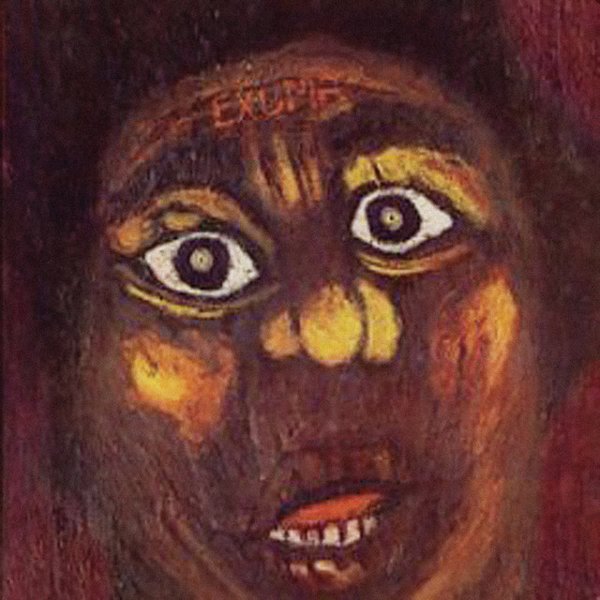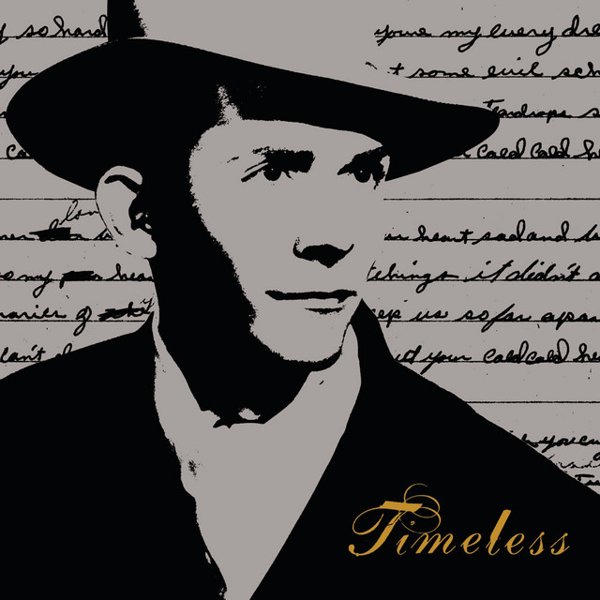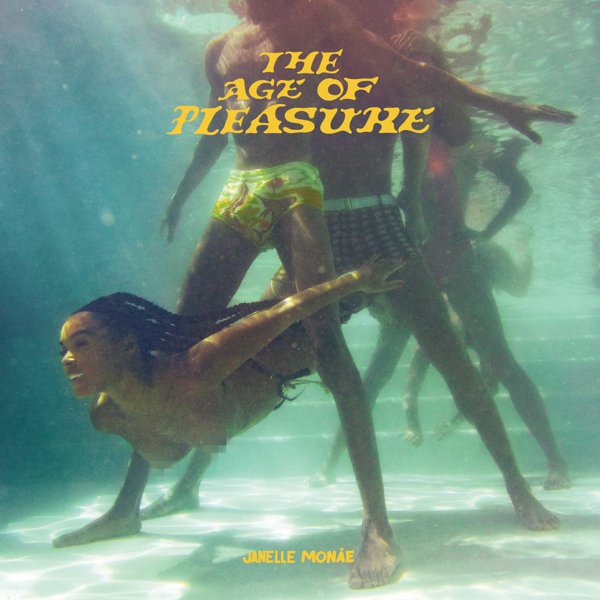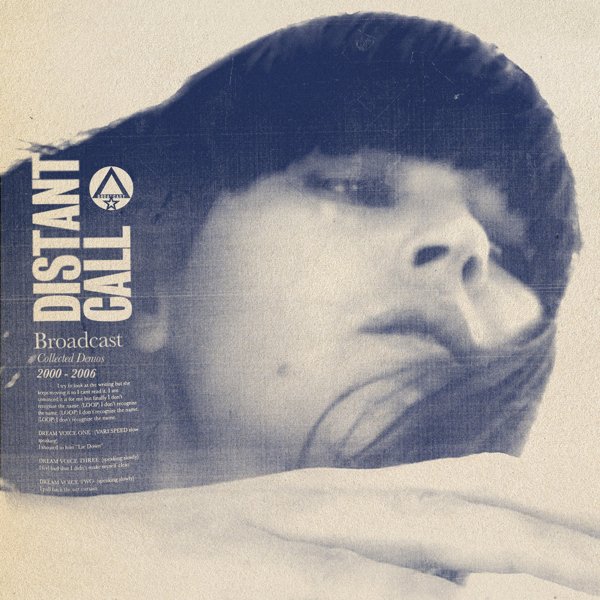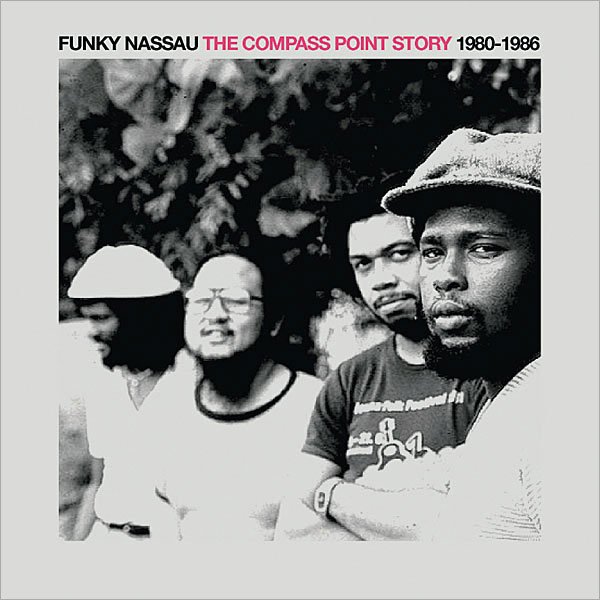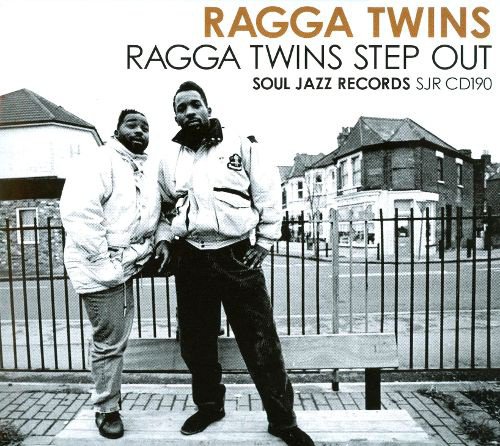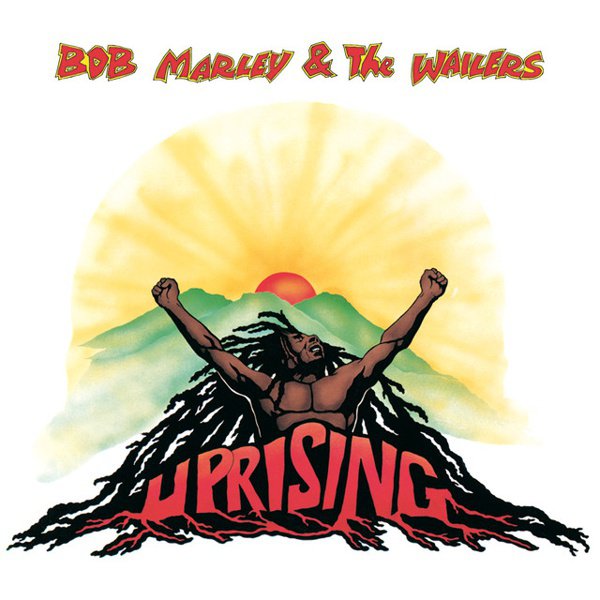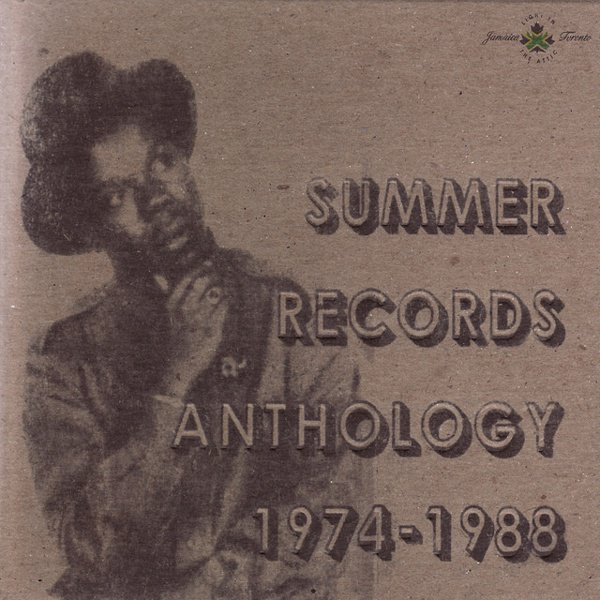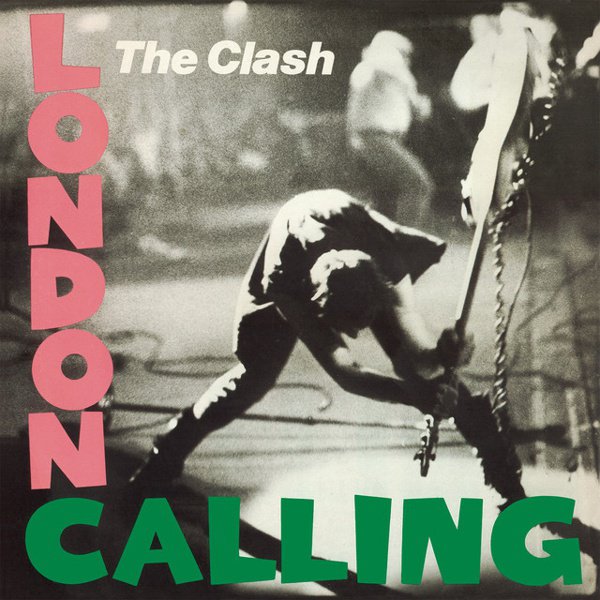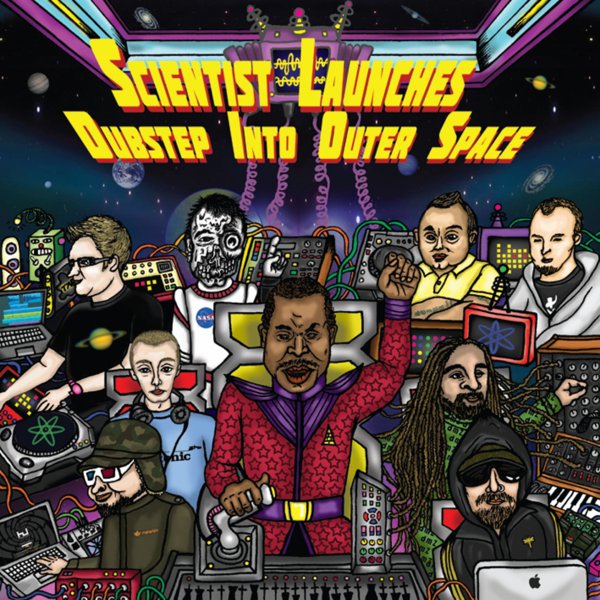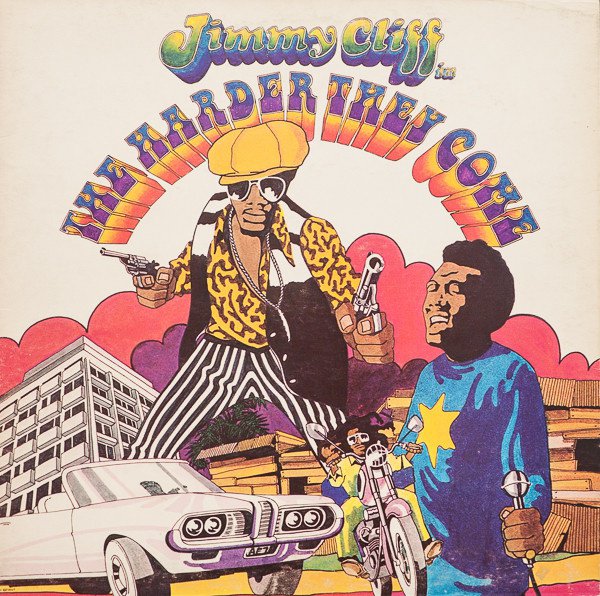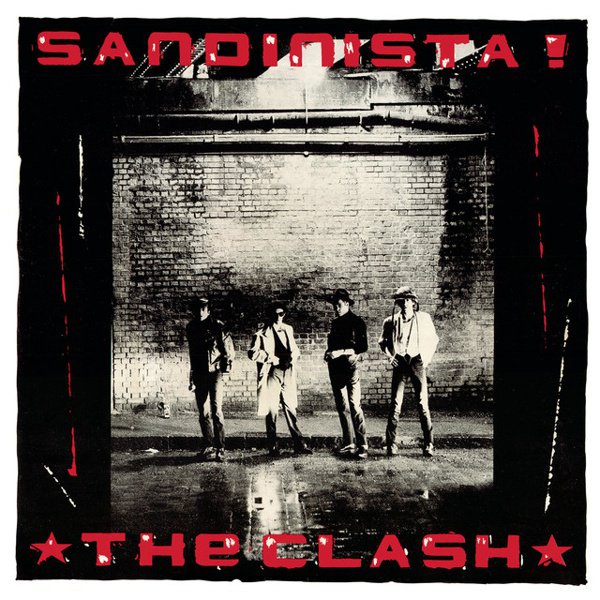Exuma
Bahamian musician Tony McKay had one of those only-in-the-’70s kinds of careers: after a ’60s spent honing his West Indian soul-folk sound in Greenwich Village, and buoyed by a record industry’s increasing (if somewhat scattershot) interest in African diasporic subgenres and international scenes, he would release a handful of albums under the name Exuma in the early years of the decade that deftly mixed the cosmic and the earthen. His form of Afro-Caribbean folk — derived from Bahamanian junkanoo celebrations and laced with adjacent genre influences from calypso to reggae — was driven not just by his deceptively simple acoustic guitar and his straightforwardly intense all-shall-be-revealed rasp of a voice, but a supporting cast of mostly-percussive artists who made every song feel like McKay was leading an endless parade. In doing so, it sounded ancient in a way that felt less quote-unquote “primitive” or “primordial” and more like a longtime presence given illumination. And while this debut initially earned a few straw-grasping comparisons to Dr. John (whose New Orleans theatrical pseudovoodoo, great as it is, ain’t exactly in the same cultural ballpark as Exuma’s Bahamian Obeah spiritual healing), there’s something to Exuma that feels older than soul itself — a strong belief in the power of the forces of nature to turn mortals into worldshapers, whether the statements sound like distant relatives of Bo Diddley claim-staking (“Exuma, the Obeah Man,” an all-time needle-drop highlight of Jordan Peele’s Nope) or a refutation of turning to material concerns as a substitute for that natural power source (“You Don’t Know What’s Going On”).

